Mobilise global talent with our expert business immigration solicitors
At Shakespeare Martineau, we offer expert support in all areas of business immigration law, helping companies with the challenges of UK immigration regulations. Whether you’re a small start-up or a large multinational business, our experienced team is here to provide guidance and solutions that are tailored to your specific needs.
With a wealth of experience in securing UK sponsorships under the points-based immigration system, we are well-placed to assist businesses with their international recruitment efforts. We understand the importance of attracting and retaining top global talent, and our team is committed to helping you do just that.
Our approach is highly collaborative, working closely with HR and mobility teams to ensure that your immigration processes are streamlined, compliant, and effective. We offer bespoke advice to address your unique business requirements, from obtaining sponsor licenses to advising on visas for skilled workers. This ensures you have the support you need at every stage, whether you’re expanding your workforce or managing visa renewals.
We know that immigration compliance is crucial for maintaining business operations, so we take a proactive approach to help you stay on top of changing regulations. We assist with tasks like right-to-work checks, record-keeping, and Home Office audits, so you can focus on your business without worrying about legal pitfalls.
By working with us, you can be confident that your immigration needs will be managed efficiently and professionally, allowing your business to grow and thrive in the UK and beyond.

Calum Hanrahan
Legal Director & Immigration Specialist
Specialising in Business Immigration law
Support for specialist staff transfers
We offer comprehensive assistance in preparing UK operations for the transfer of specialist staff from overseas. Our team ensures a smooth transition, addressing all immigration requirements, visa applications, and compliance concerns, allowing businesses to efficiently relocate skilled employees while minimising operational disruptions.
Sponsorship for higher education professionals
Our immigration experts provide tailored support for sponsoring higher education teaching professionals, guiding institutions through the complexities of the points-based system. From securing sponsorship licenses to managing visa applications, we help universities and colleges attract and retain top global talent in academic and research roles.
Right to work advice for international students
We advise businesses and educational institutions on right to work queries for international students. Whether it’s understanding the working hours restrictions or ensuring compliance with visa conditions, our team provides clear, up-to-date advice to help employers avoid penalties and support students with lawful employment opportunities.
Worker sponsor licence compliance guidance
We offer expert guidance on maintaining compliance with UK worker sponsor licences. Our team ensures your business remains fully compliant with Home Office regulations, assisting with audits, renewals, and addressing any issues that arise, safeguarding your ability to sponsor and employ international workers effectively.
Why choose Shakespeare Martineau?
- Our team offer prompt and professional service, whether through in-person meetings or virtual consultations, you can trust that our advice will be timely and professional, helping you feel confident in your legal matters, every step of the way
- We provide advice that is not only pragmatic and quick but also easy to understand. Every lawyer in our firm is approachable, helpful, and committed to offering reliable legal solutions, making the process straightforward for clients
- Our clear and easily understandable approach has kept clients coming back for years, knowing they can depend on us for comprehensive legal support time and time again
- Our clients regularly highlight the exceptional expertise and professionalism of our lawyers. Our team cares deeply about every aspect of your case, ensuring you receive a thorough and attentive service


Tier 1 immigration services
Ranked Tier 1 in The Legal 500 for employment law, our immigration team is recognised for delivering exceptional legal advice. We provide expert solutions for businesses navigating complex immigration challenges, offering a high level of service that consistently meets the rigorous demands of our clients, whether they are SMEs or global corporations.
Global immigration expertise
With extensive experience working alongside global clients, we understand the unique challenges and complexities of international business immigration. Our team offers tailored advice that aligns with your organisation’s global strategy, ensuring compliance across multiple jurisdictions and providing efficient, effective solutions for businesses with diverse and multinational workforces.
UK sponsorship solutions
Our team brings deep expertise in UK sponsorship processes under the points-based system. From securing sponsor licenses to advising on visa applications, we streamline the recruitment of international talent for your business. We offer bespoke advice that ensures full compliance with UK regulations, safeguarding your organisation’s ability to attract global talent.
Global relocation experts
We excel in managing complex international staff transfers, offering seamless solutions to relocate key employees across borders. Our team ensures compliance with immigration laws, minimsing business disruption and simplifying processes for HR teams. Whether moving senior executives or specialist staff, we ensure smooth transitions that meet business goals efficiently.
Meet our Business Immigration team
Building a responsible business
Our commitment to sustainability and social impact
We are an accredited B Corporation that is committed to driving positive change in our communities, minimising our impact on the environment, and ensuring an all inclusive diverse and supportive culture for our people.
Wherever you are on your journey, our Business Immigration specialists are here to answer any questions you might have
If you’d like to speak to a member of our team, please fill out the enquiry form. We will aim to reply to your query within 2 hours
Need to talk to someone sooner? You can call use at the number below
Call Us: 0330 024 0333
Business Immigration FAQs
The UK points-based immigration system is a framework used to manage the entry of foreign workers and students into the United Kingdom. It assesses individuals based on specific criteria, awarding points for factors such as skills, qualifications, job offers, and English language proficiency.
Applicants must meet a minimum number of points to qualify for a visa under different categories, including; skilled worker, global talent, student, health care worker and graduate visas. Each visa type has its own point requirements based on specific criteria such as job offer, salary level, education, and language skills.
To sponsor international employees in the UK, businesses must first obtain a sponsor licence from the Home Office, which allows them to hire non-UK nationals for skilled roles. To qualify, the company must demonstrate its legitimacy and its ability to monitor sponsored employees. Once the licence is granted, the business can issue a Certificate of Sponsorship (CoS) to the employee, confirming that the role meets eligibility criteria, including skill level and salary thresholds. The sponsored employee can then use the CoS to apply for a visa.
After the employee is hired, businesses must comply with ongoing sponsor duties, such as monitoring immigration status, maintaining accurate records, and reporting changes in employment to the Home Office. Non-compliance can lead to penalties, suspension, or loss of the sponsor licence. This system ensures that businesses can legally hire international talent while meeting UK immigration regulations.
Businesses holding a UK worker sponsor licence must meet key compliance requirements to retain their licence. These include; maintaining detailed records, such as copies of passports, visas, and right to work documents, the role offered meets the necessary skill level and salary thresholds, and that sponsored employees are performing the job outlined in their Certificate of Sponsorship.
Sponsors are also responsible for monitoring the immigration status of their employees, ensuring they have valid permission to work, and tracking absences or any changes affecting visa conditions.
The Home Office can conduct audits at any time, and businesses must fully cooperate by providing necessary documentation. Failure to meet these compliance obligations could result in penalties, suspension, or loss of the sponsor licence.
At Shakespeare Martineau, we provide comprehensive immigration support tailored specifically for the higher education sector. Our services include;
- Sponsorship guidance and visa application support.
- Compliance and auditing to help institutions maintain accurate records for sponsored staff and fulfil reporting obligations to the Home Office.
- Right to work advice for international students and staff, ensuring that educational institutions are aware of visa restrictions and can support students in understanding their employment rights while studying in the UK.
- Training and workshops for HR and administrative staff within the higher education sector to enhance their understanding of immigration processes and compliance requirements.
We provide comprehensive support for right to work checks for international employees, ensuring compliance with UK immigration laws, including the legal requirements and necessary documentation for various employee types, verification processes, providing training for HR teams, and advising on maintaining accurate records for compliance.
Additionally, we keep businesses informed about updates in immigration legislation that may impact right to work requirements.
International recruitment presents several challenges that businesses must navigate to successfully attract and hire talent from abroad including; complex immigration regulations, cultural differences, talent shortages, relocation logistics, retention and integration within the business and resource constraints.
To ensure immigration compliance in their UK operations, businesses can take the following key steps:
- Obtain the appropriate sponsor licence from the UK Home Office;
- Implement robust record keeping practices;
- Conduct through right to work checks;
- Monitor employee status and reporting obligations;
- Stay up to date with regulatory changes;
- Engage with our immigration legal experts.


















